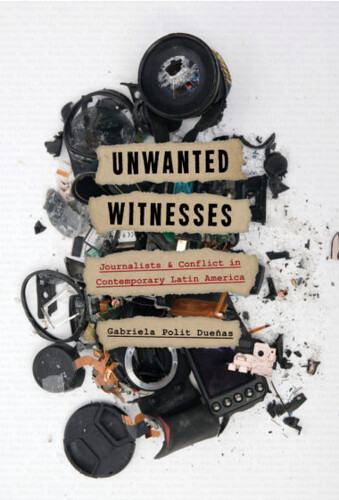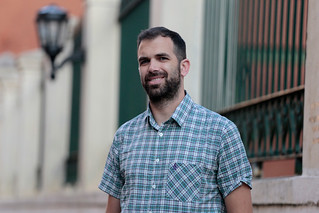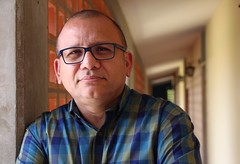Several studies launched by the United Nations Educational, Scientific and Cultural Organization (UNESCO), in association with the Ford Foundation, discuss the regulation of Brazilian media, reported Agência Brasil. According to UNESCO, the objective is to contribute to the debate about the role of communications in the strengthening of democracy.
Over the last decade, digital media has grown worldwide, and Latin America is no exception. Unfortunately,despite the presence of many creative and innovate projects, the global tendency towards reduced revenue for media companies continues to affect digital outlets, says a study organized by the New Ibero-American Journalism Foundation (FNPI), whose founder is Colombian Nobel prize winner Gabriel García Márquez.

In her book, in addition to analyzing this narrative process, she delves into the work of journalists Marcela Turati, Daniela Rea and Sandra Rodríguez Nieto from Mexico, Patricia Nieto from Colombia and María Eugenia Ludueña from Argentina. Polit also carried out various ethnographic interviews with journalists during her investigations.

How can the examples of two successful European journalism startups be useful to a newspaper run by a workers' cooperative in Latin America? This is what Argentine journalist Javier Borelli seeks to understand in a recently released study.
As democracy has weakened globally over the last quarter century, local authoritarians became the chief threat to journalists, a condition many Latin Americans will recognize.

With a trained reporter's eye, Camarotto noted a curious tendency: the departure of senior journalists from newsrooms to join the communications teams of the governments in the region

Control of public speech was, from the beginning, a characteristic of the new model of government that was established in Venezuela with Hugo Chávez in 1999, said Venezuelan researcher and columnist Andrés Cañizález.